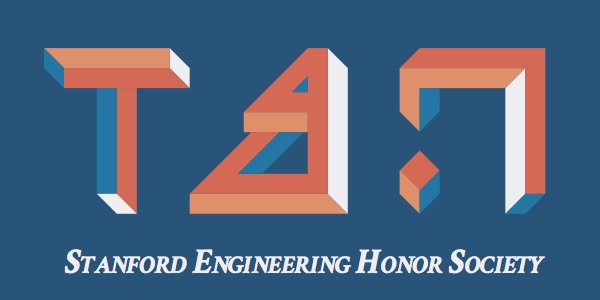By Shawn Ahdout, Senior, Management Science and Engineering
Shawn Ahdout is Stanford undergraduate studying Management Science and Engineering. He is interested in the potential for technological innovations to create long-lasting transformation to society and the intersection between engineering and business.

Why did you choose to be an engineer?
When deciding on a major, I was looking for a blend of soft- and hard-skills. The engineering portion of the MS&E degree offered a variety of hard-skills relating to optimization, financial engineering and operations management.
Almost from the beginning of my time as an MS&E undergrad, I heard about “thinking like an engineer.” This often referred to the engineering framework: regimented, formulaic and almost entirely based in deductive reasoning. To engineers, this is often the only way to think about problems, and although this makes absolute sense when engineering a new battery or a spacecraft propulsion system, this is not always the case.
Over the years, I’ve seen this engineering framework used to create formulas for topics ranging from corporate management to determining stakeholder values. Although these models and frameworks can provide interesting insights while analyzing complex problems that do not necessarily have a prescribed, rigid answer, often as engineers, we forget that they are just insights, not solutions. Questions that deal with such subjective analysis will never have a clear, concise answer the way a linear optimization algorithm will, and that is okay. As engineers, we must be able to look past these absolutes and accept the subjectivity that is inherent in everyday life.
The fallacies of this mindset became most apparent to me when TA’ing an accounting class on campus. As I held office hours week after week, I noticed a troubling trend: almost everyone who came to me looking for help was an engineer, and their questions were generally the same. They virtually all revolved around trying to find an exact formula to determine how to approach a certain problem. While accounting is filled with general formulas, a lot of the specifics of those formulas are left up to an individual company’s management team making subjective decisions about how to categorize certain categories of revenues and expenses. Additionally, the quick and easy formulas they were searching for make it nearly impossible to understand the broader picture of what the accounting statements reveal about a company.
Generally, the first instinct of the engineers I met was to quickly jump to a formula to understand the relationship between two figures on the accounting statements and neglect what these figures actually represented. They were unable to see the forest for the trees and were caught up in the details of what they were analyzing. While this mindset has served them incredibly well as engineers, it was holding them back while they were trying to learn a new more subjective skill: financial statement analysis.
As the world continues to transform , we will continue to see the successes of those who can step into an engineering mindset and break down a complex problem, while also being able to step out of that mindset and understand the broader picture of what they are working on. This trait is what separates the engineers from the innovators. If we truly want to innovate and improve society, we must appreciate the limits of the engineering mindset and allow ourselves to turn it off from time to time to understand broader, more complex problems that often involve subjective components without specific answers.
